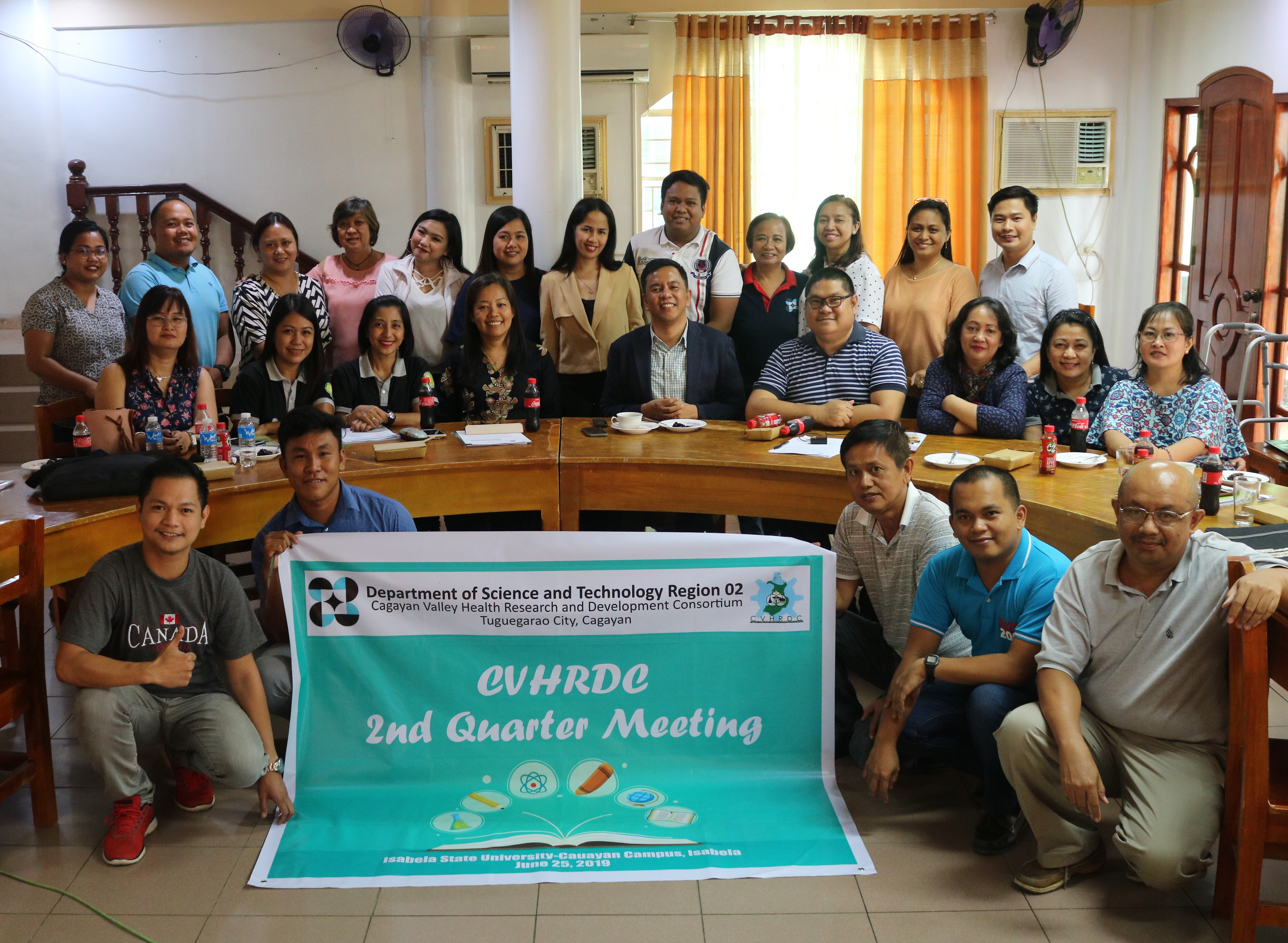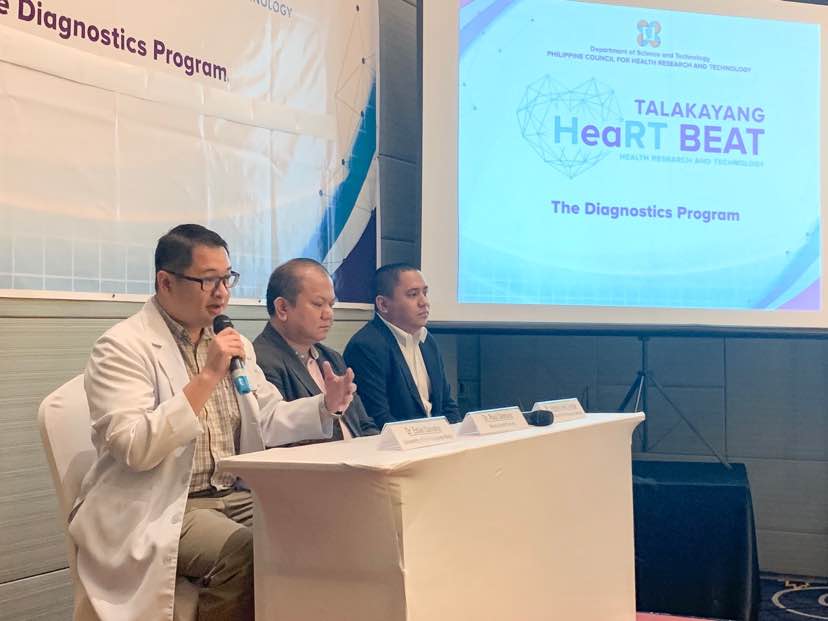In the wake of the mounting reported cases of dengue in the country, Secretary Fortunato de la Peña of the Department of Science and Technology (DOST) suggests the use of DOST innovation/product to help in addressing this problem. “Dengue research and development has always been one of the priority research areas as stated in the Harmonized National Research and Development Agenda (HNRDA) led by the DOST. Through the DOST- Philippine Council for Health Research and Development (PCHRD), we have funded a number of research projects and programs that is consistent with the multi-prong approach in the control of Dengue that address different aspects such as diagnosis and treatment. In the area of diagnosis, we funded the development of a rapid diagnostic test (Biotek M) for dengue that can diagnose the disease as early as two to three days after the onset of illness. This will be very helpful in making the early diagnosis of dengue so that prompt management can be done to prevent complications. This will also help decongest the hospitals that are constrained to keep the dengue suspects confined in the hospital for monitoring until the diagnosis is established as well as to alleviate the anguish of patients and their relatives as to the confirmation of the diagnosis of dengue. This diagnostic kit is already available in a number of public hospitals . We have asked the technology developer to make it available to the affected areas of dengue in cooperation with our regional offices and the Department of Health.”
The DOST is also funding the clinical trials for the evaluation of a possible herbal medicine for dengue that has multiple mechanisms of action: anti-viral activity against the dengue virus, can elevate the platelet levels which are seen in the complicated cases of dengue responsible for bleeding and reduction of plasma leakage which contributes to the lowering of blood pressure among the dengue patients. The Phase I clinical trial will just start and completion up to Phase 3 clinical trials is required for certification and approval by the Food and Drug Administrationin (FDA). To date there is no available therapeutic medicine for dengue anywhere else in the world
According to Secretary de la Peña, “We have also supported the development of herbal supplements that can help patients affected with dengue. The herbal supplements that include single and combination herbal preparations are already ready for submission to the FDA. These herbs are derived from folkloric use and have passed safety and toxicity studies.. We have requested the technology developers to make this available at the soonest time possible after satisfying all the regulatory requirements. We are also coordinating with the FDA regarding this.”
Source: http://pchrd.dost.gov.ph/index.php/news/6473-dost-furthers-efforts-to-combat-dengue-through-pchrd/wriiten by: DOST-Central Office








